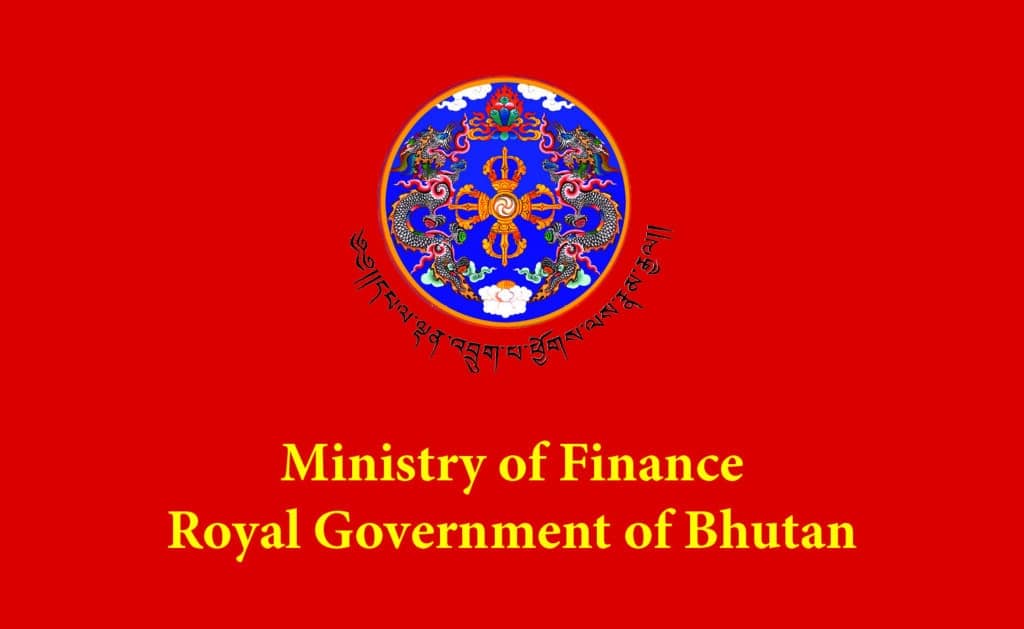Come September 27, the nation will go to the polls again. This time to elect leaders of the local government (LG). This electoral exercise at the local government level is highly significant for the deepening of democratic governance at the grassroots level.
The second phase of the LG election is a culmination of many years of sustained devolution and decentralization of power. The local government is an important democratic institution and today we have reached a stage where we are able to elect our own leaders to the local government through an election process that is free and fair. This self-government at the grassroots is a notable milestone in Bhutan’s early years of democracy.
Thanks to the farsighted vision of our leaders, today citizens at the grassroots are able to decide on their own. A vibrant and effective local government facilitates a bottom-up approach of decision-making, with people in touch with ground realities making those decisions.
This election is therefore important as any other. We will be exercising our constitutional right to vote to elect leaders who will shape the landscape at the grassroots. As in national elections, it is pertinent that the most competent, qualified and experienced candidates with leadership abilities, vision, and character are elected to govern at the local government level.
Although the number of female candidate is far from satisfactory against the dominating number of male candidates, it is quite impressive that some progress has been achieved. This time around, we have double the number of women candidates contesting in the LG election compared to 2011 election. However, only after the votes are cast would we know how many of them would make it to the local government.
The mindset is still rigid. Generally, there is still a lot of preference for male leaders, at all levels, be it national or local government elections. The proof is the measly female representation in parliament and elected bodies including the local governments.
ECB and Bhutan Network for Empowering Women – a civil society organization that promotes women leadership at local and national levels – have put in much effort to encourage female participation in the upcoming LG election. The efforts have paid off, to certain extent, if the figure of female candidates is any indication.
But the challenge remains. And it is quite a difficult one at that. To change the mindset – to create that level of awareness among voters so that they accept and duly acknowledge the important roles women play in our society. And more importantly, the need to create that vital space where women leaders have an equitable opportunity to run for public office and then get elected as well.
The local government election is also attracting more qualified candidates from different spheres of life. This is also an indication of the growing importance people place on local government leaders. The devolution of power, better pay and perks, and the opportunities to serve the people have definitely inspired more abled, experienced and committed candidates to come forward.
The Election Commission of Bhutan (ECB) has been at it for many months now, preparing the ground for a free and fair election. Now, it is time to turn up at the polling booths and cast that vote! And vote we must, not only for the sake of fulfilling our rights, but more so, because we want to genuinely make a difference by choosing the leader we believe would work in the greater interest of the community and nation at large.













